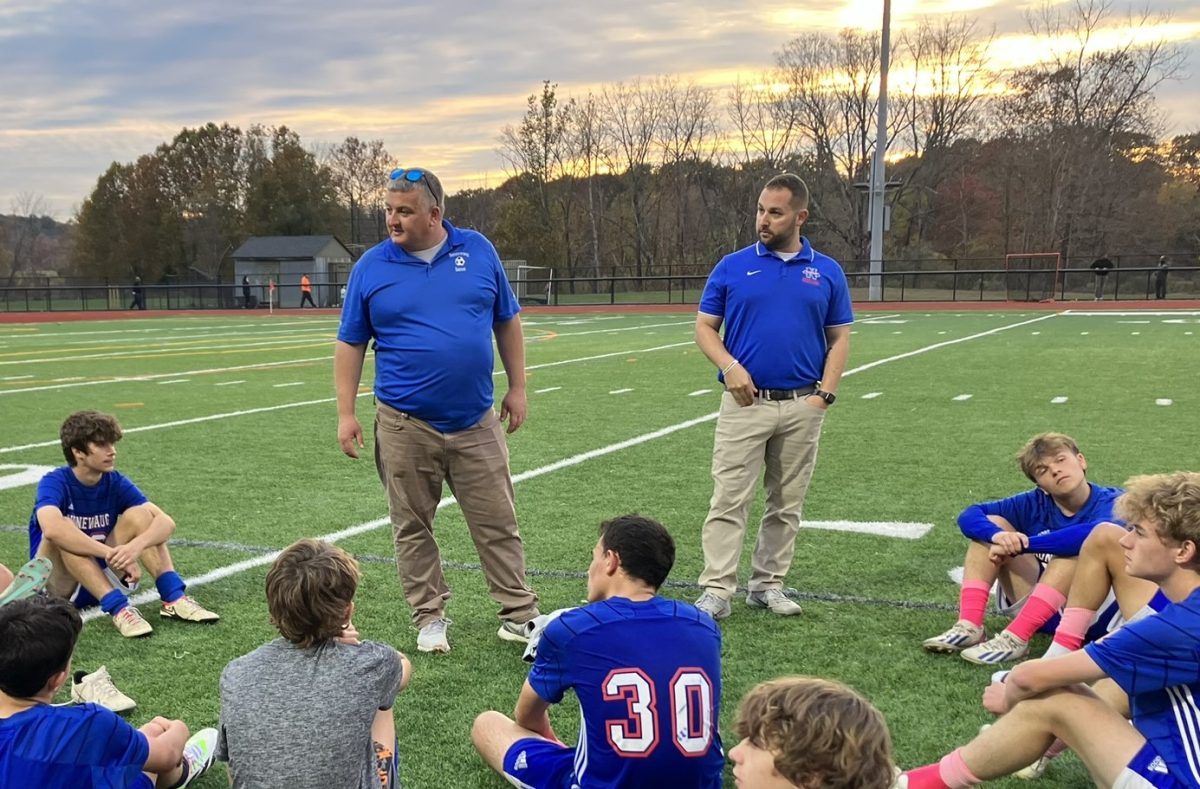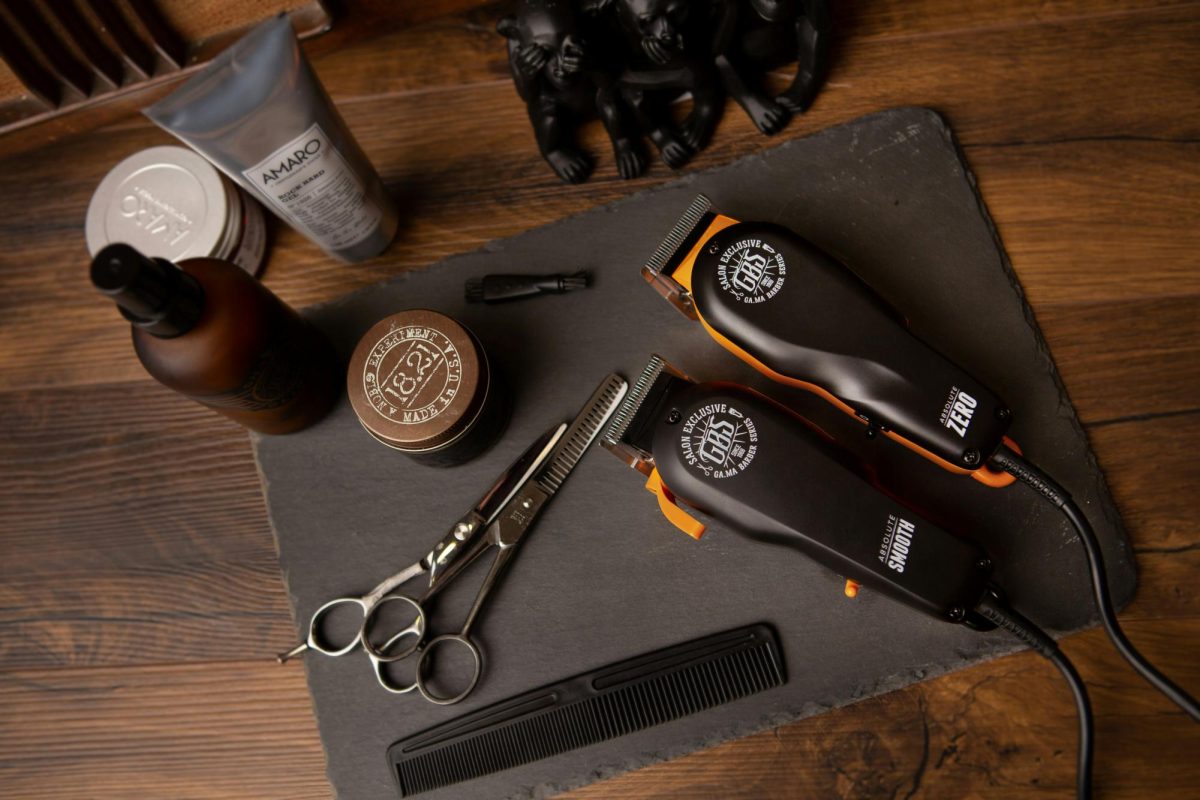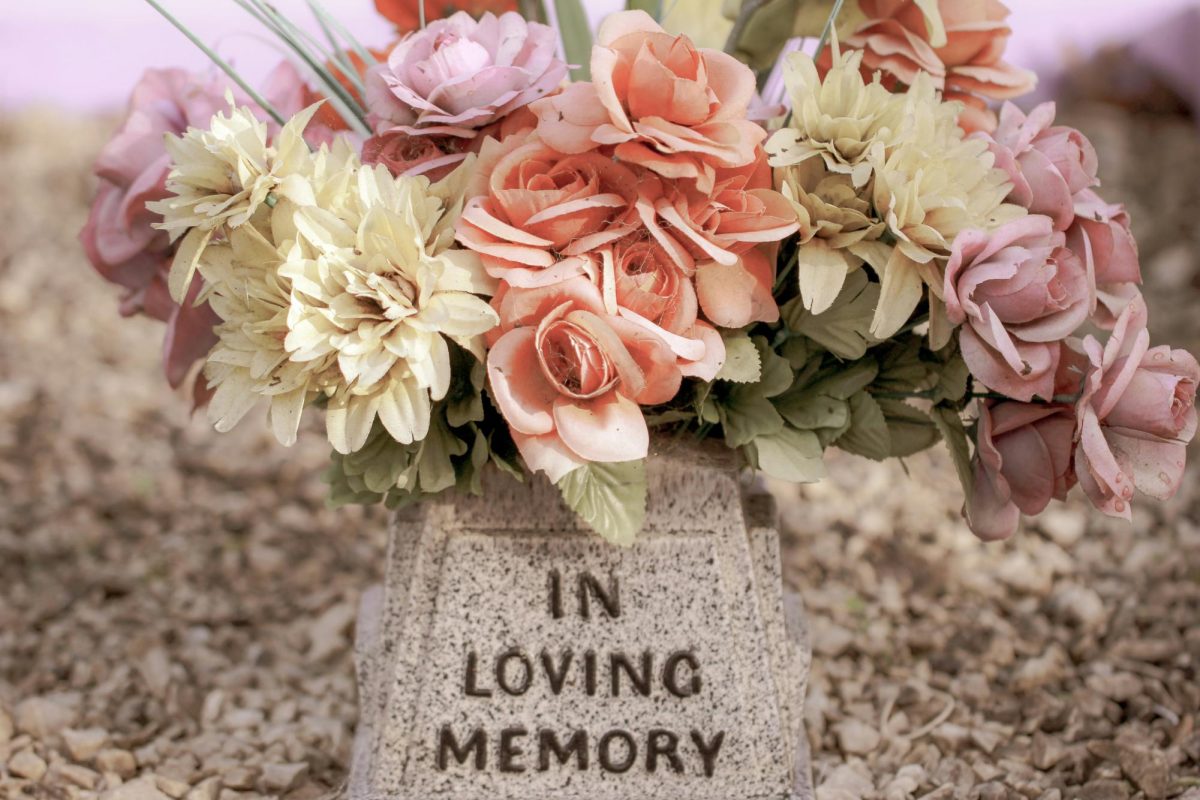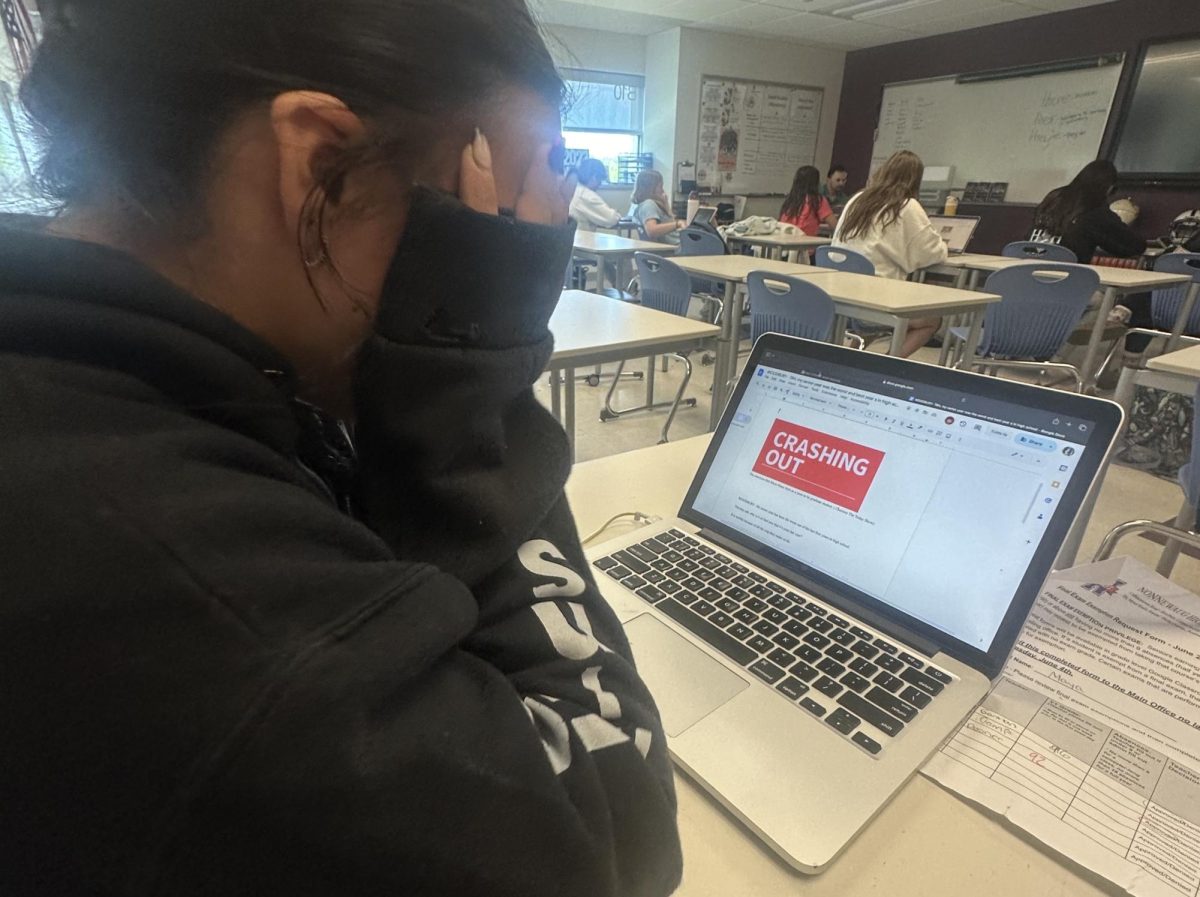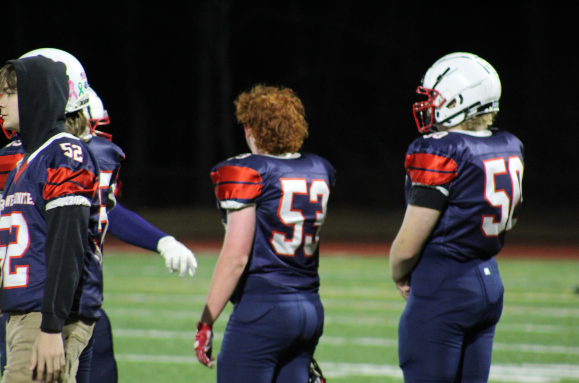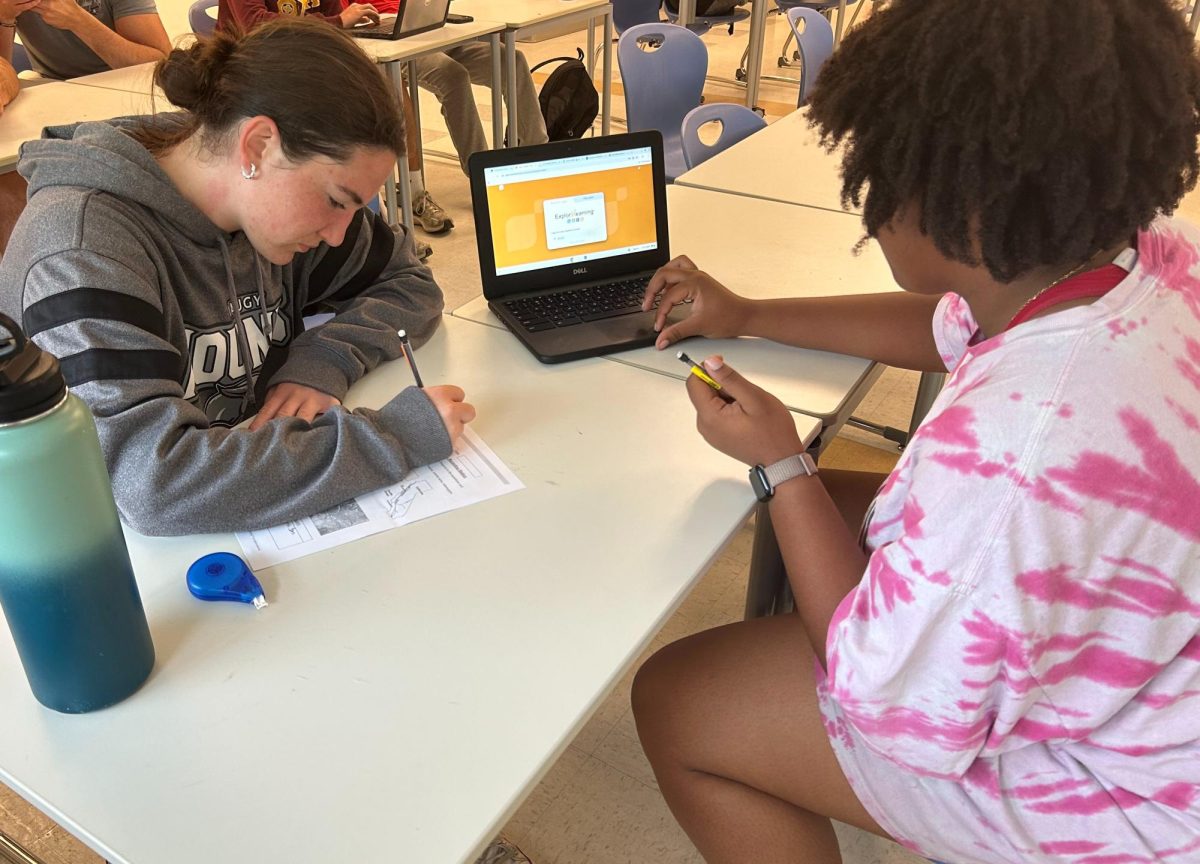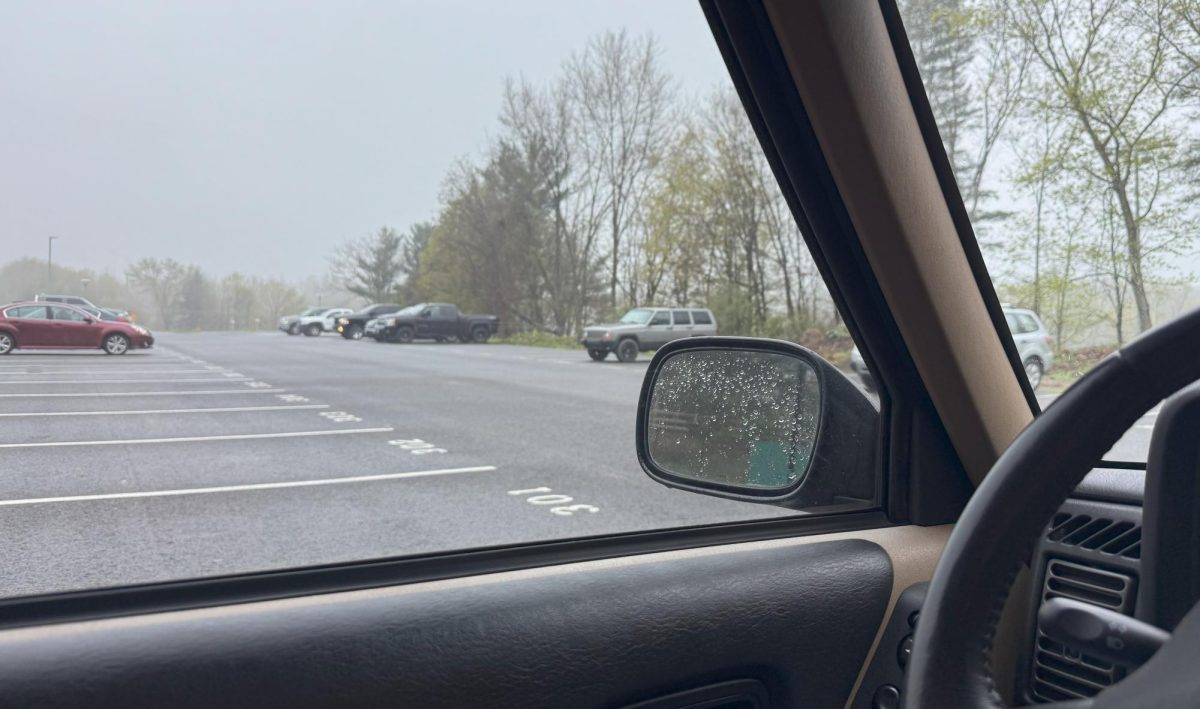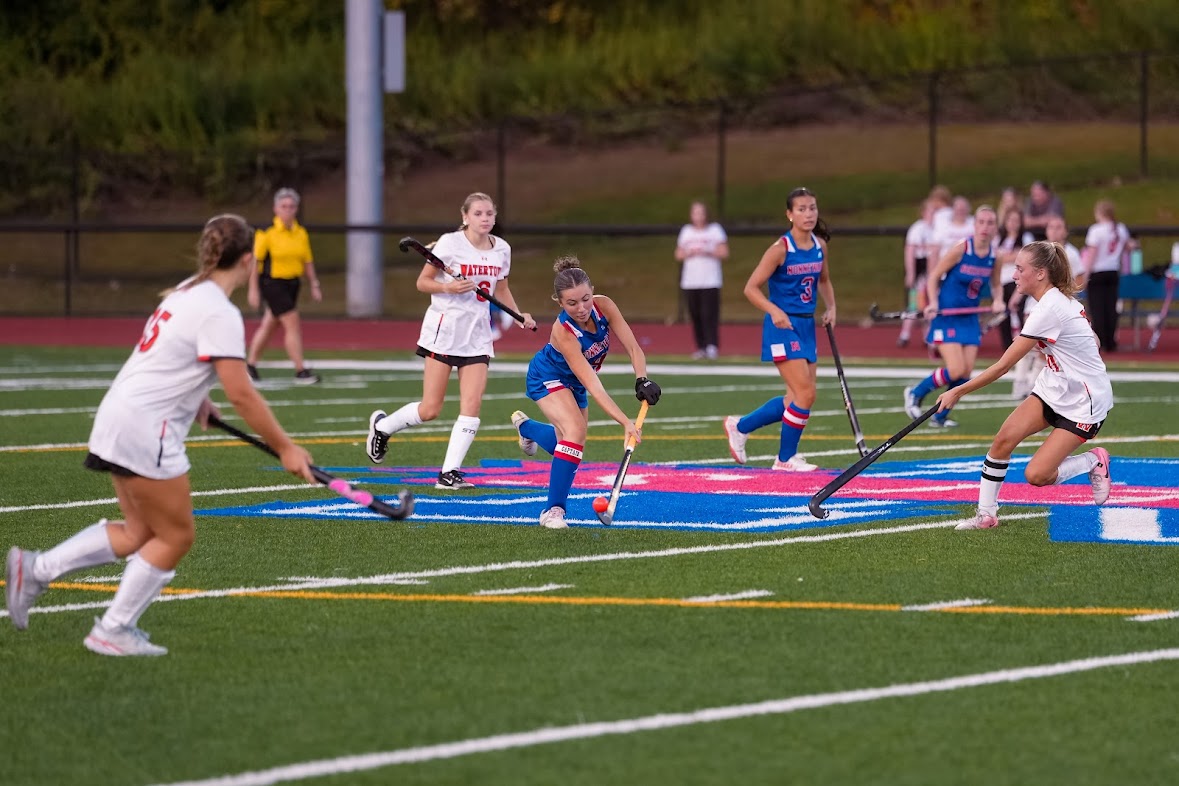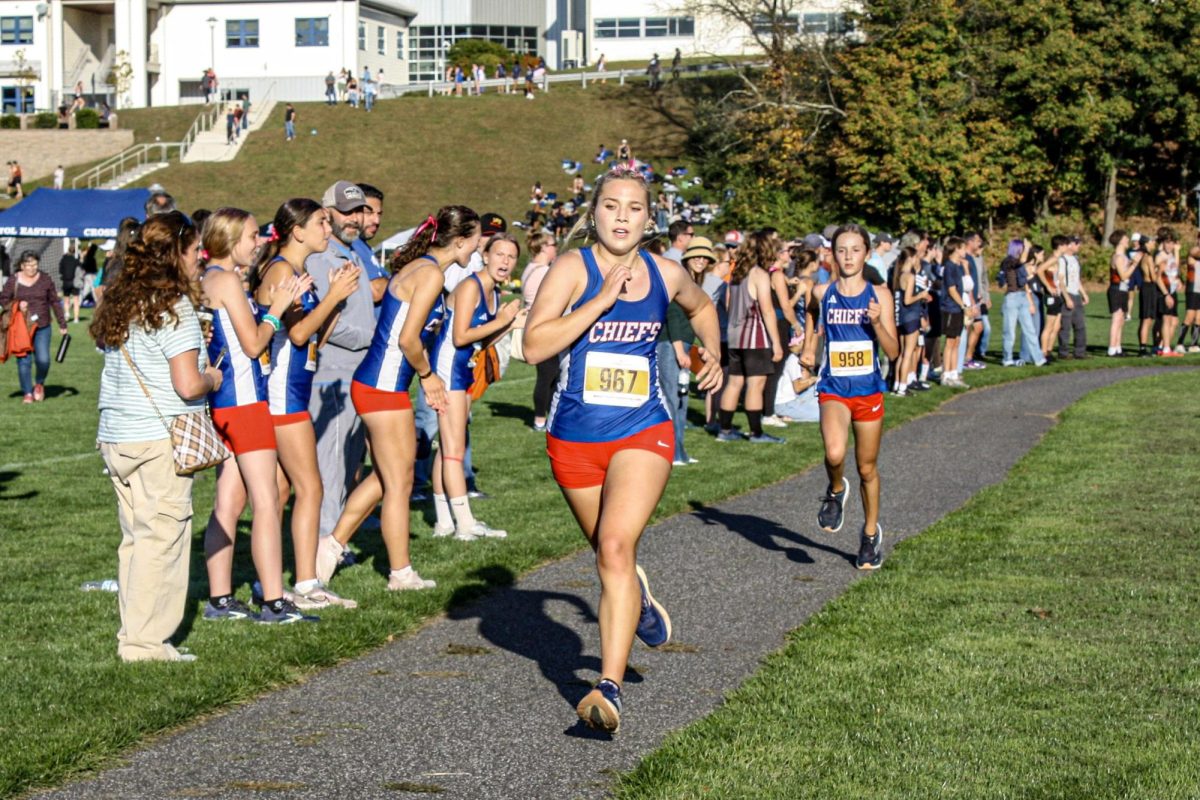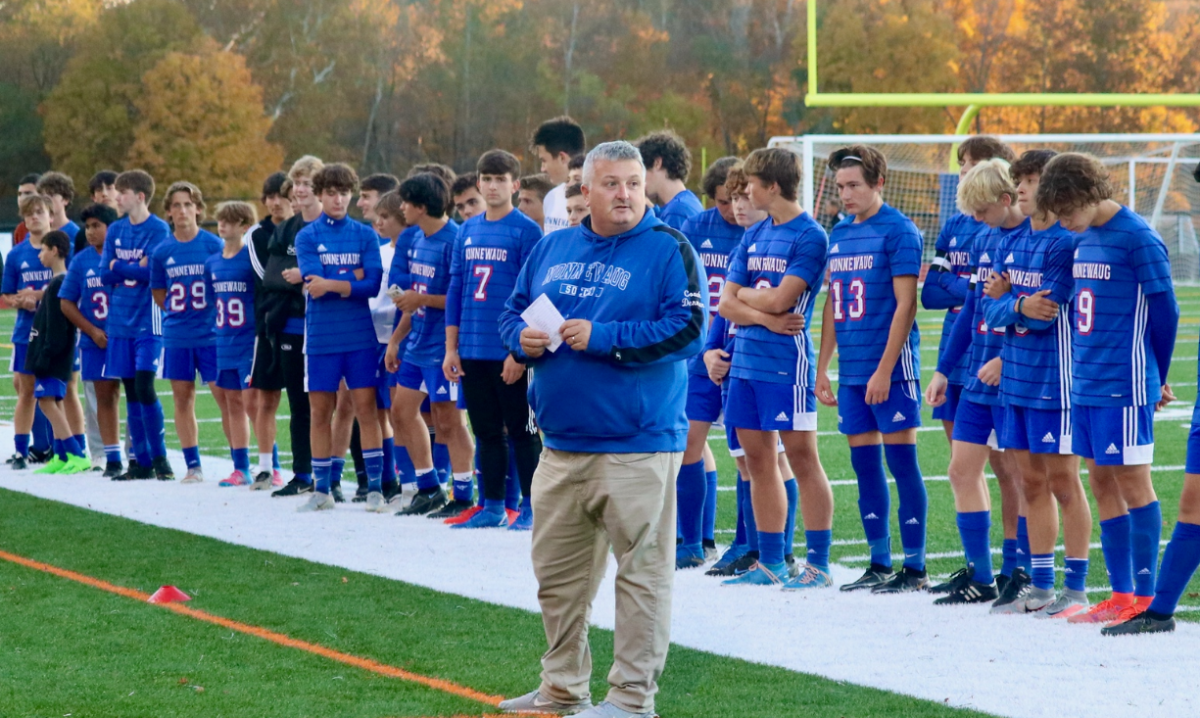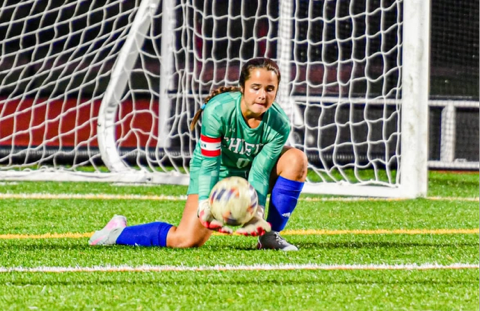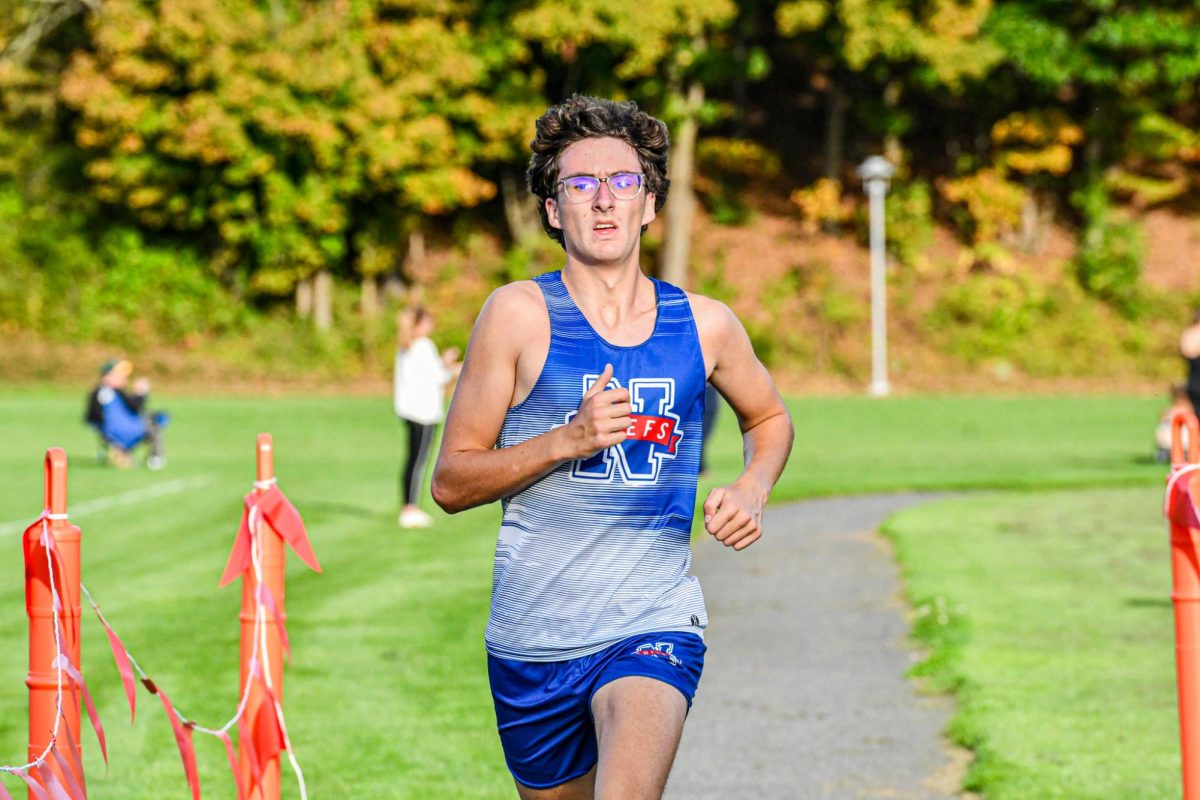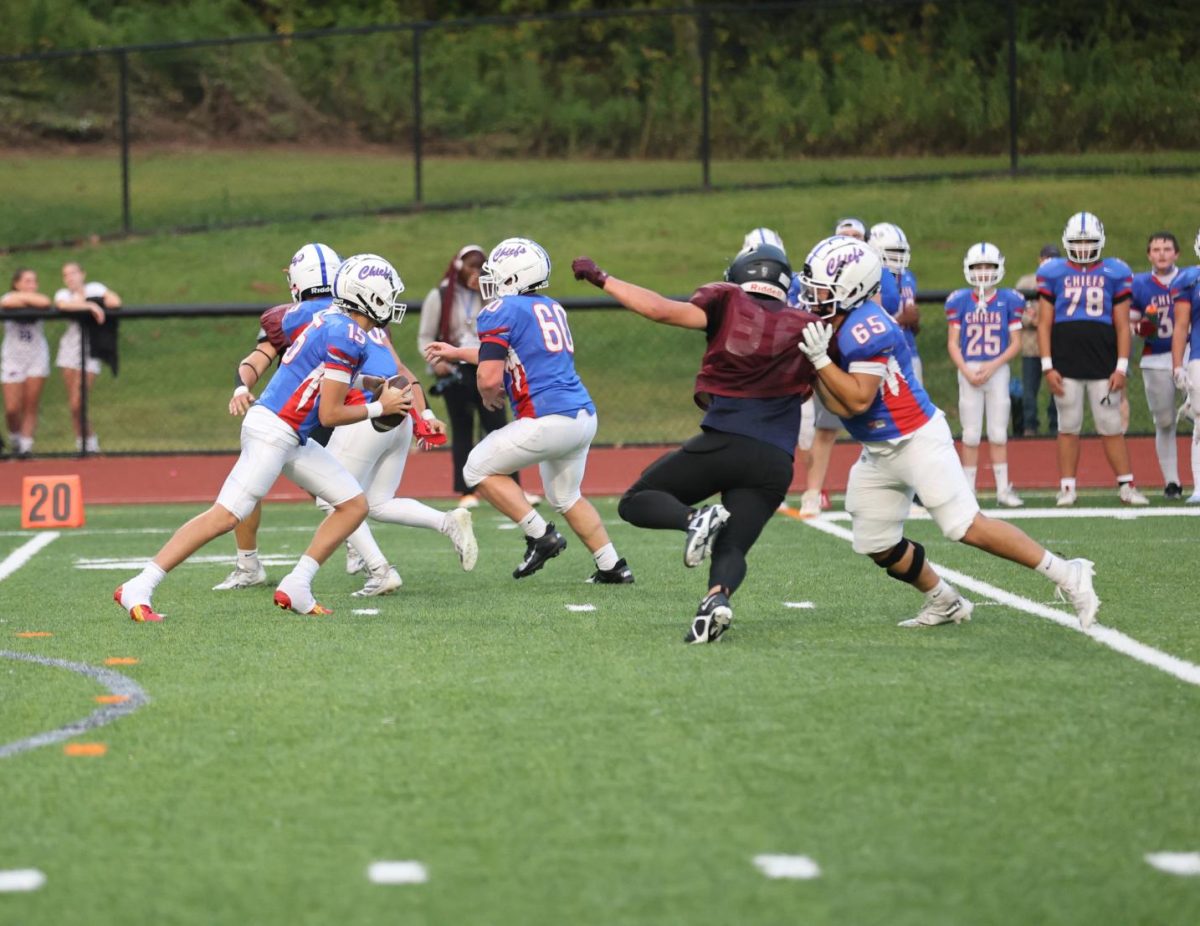My happy place: three gray walls and one big mirror.
Well, it was my happy place.
From the day I could walk, I was in dance classes, leaping across scarfs and twirling in hula hoops. When class was over, I would already be excited to go back the next week.
I loved it there, to the point where instead of putting me in timeout when I was bad, my mom would take away dance class for punishment. I saw my dance teachers as my second set of parents.
Well, until they made a switch — a switch that would change me forever.
Comments transformed from leaving me with a smile on my face to leaving me questioning, “Is this allowed?”
“If you don’t want to dance, you can quit next week,” one of them said.
This was the last straw, the last thing my dance teacher ever said to me. Three days later, I was done with the sport I cherished for 10 years. Without a second thought, I was done.
Coaches have the power to positively or negatively change young people’s lives. How could coaches lead me and others to reach this point where quitting is the best option?
“Ultimately, high school athletes are playing high school sports because they want to hang out with their friends,” Nonnewaug assistant baseball coach Kyle Brennan says. “Yes, they want to do well – no one ever says, ‘Today I want to play terribly.’ I think coaches sometimes get tough because they want to see athletes put in the work so they can achieve their full potential, but there is a fine line between pushing someone positively and making sports a place where they no longer have fun.”
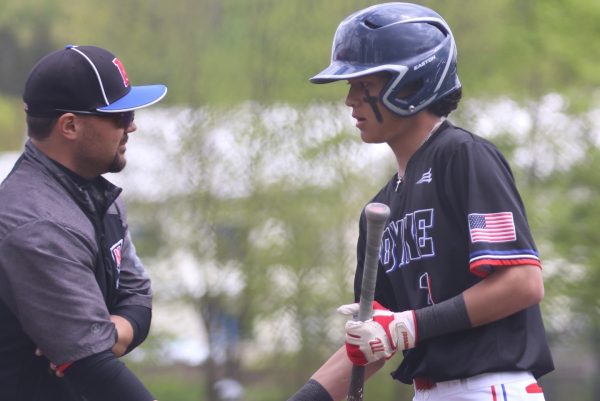
Nonnweaug boys soccer and girls basketball coach Tony Denman realizes the key role he and other coaches can play in young people’s lives.
“Going back to being a kid playing sports, I just remember that it was created by some of my favorite coaches and the atmosphere around practices was positive,” Denman said. “Whether it was doing something fun or just the vibe created was that of competing and working hard, but we’re in it together. I was fortunate to have high school and youth coaches that probably somewhere helped to shape my decision making to get into this [coaching] myself.”
Nonnewaug athletic director Declan Curtin feels that coaches sometimes don’t realize that they have power to be role models for the better — or the worse.
“Athletes are learning a lot from their [coaches’] leadership whether it’s positive or negative,” says Curtin. “In my life, other than my parents, coaches have had the most impact on me. They are older, they are more mature and have been through more things.”
“I think that coaches have a big role in helping shape athletes,” says Denman, “but I would like to think that even if somebody isn’t a very good coach, kids hopefully have the tools to overcome things that they don’t necessarily agree with or don’t appreciate. Hopefully the skills taught and the climate created can help to shape people’s positive mindsets, so I’d like to think we [coaches] can help.”
Denman thinks that coaches are also affected by other coaches, and they can either learn from good techniques and qualities or try to avoid some of the less effective tactics.
“I appreciate having the opportunity of being an assistant coach before becoming a head coach,” Denman continues. “There are some people that I agree with how things were done and there are some people that I have worked with that I don’t agree with how things were done. All of those things did kind of help to shape how I approach coaching high school sports, hopefully for the better. I’ve seen situations where coaches don’t set a very good example and it’s very difficult to expect to see high levels of appropriate behavior from athletes if coaches don’t hold themselves to that standard, which is something that I do my best to do a good job of.”
Sophomore Maia Colavito, a year-round athlete, knows that having the right coach is ultimately what makes or breaks a sport for a kid.
“Coaches, if they are good, become a really important set of adults in an athlete’s life,” Colavito said. “They have the opportunity to build their athletes up and just as much of an opportunity to break them down. We don’t get lucky with every coach, but that’s what makes the good ones more influential, more effective, and more meaningful to athletes.”
This is the opinion of Chief Advocate junior editor Anna Crocker, a sophomore field hockey player at Nonnewaug and a former dancer.



